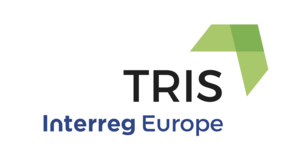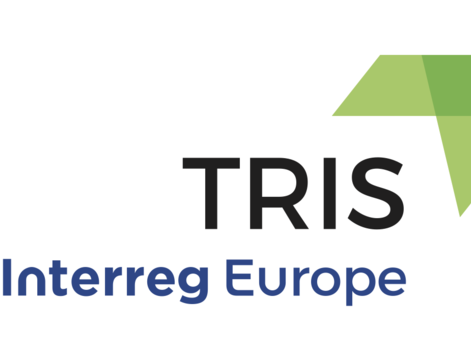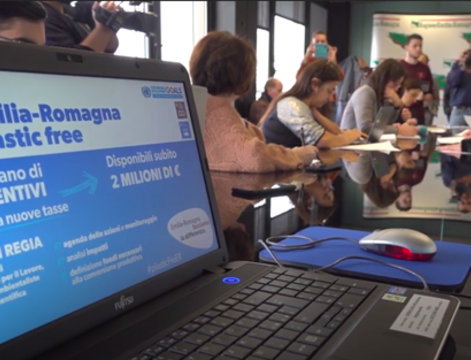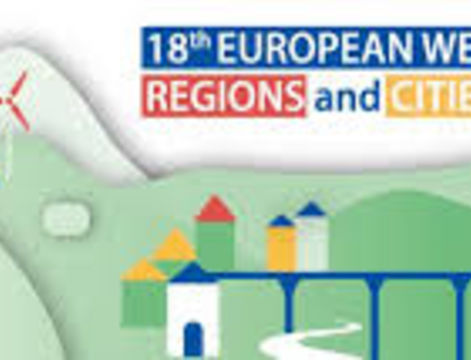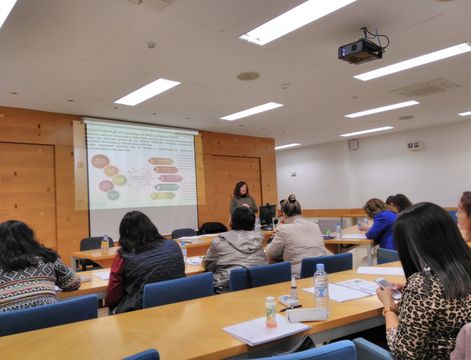Vaxjö, an 80,000 inhabitants town in South-Sweden declares to be "The Greenest city of Europe", and is proud of adopting the policy to be fossil fuel free by 2030. The TRIS project partners from 5 european regions got together in Vaxjö between 24-26th January 2017, in order to learn about local good practices that have been put in place for a greener city and foster the application of circular economy concept. The steps made to reach the fossil-fuel free objective are omnipresent in all areas of urban management, from biogas production, biogas based public transport, energy production, waste management.
The first day of the meeting gave us a great insight to the local understanding and initiatives of the circular economy and industrial symbiosis. The mayor of Vaxjö, Anna Tenje, lecturers from University of Linköping and "Re-Makers change agents for a circular economy" together with the social entreprise Macken convinced the audience that the targets are achievable and they are almost already there.
We got insight in company operations during 2 site visits: to Vaxjö communal waste collection and recycling plant, and to the social enterprise Macken, where an immigrant-integration program runs tied up with the concept of waste reuse, recycling and green/circular economy. The municipality of Vaxjö promotes biking in the city in cooperation with Macken. The Macken bike service goes directly to the municipality weekly, to fix the bikes of the public servants.
The Lake of Vaxjö undergone a major embellishment and cleaning in the past few years, the eutrofication was dicreased and stopped thanks to a city-lead project.
While examining the plans of the next big investment, the new reuse center of the city, we can witness citizens disposing their waste in about 20 different containers, all in a very easily accessible covered hangar, with big drawings and signs indicating the different waste categories.
The big challenge is the swedish energy system's waste need - that is now partially covered by waste from neighbour countries. It is still an issue, but according our best belief it will not remain.
The next interregional workshop is going to take place in Emilia-Romagna, Italy, which region was the first to adopt the circular economy law on its own
